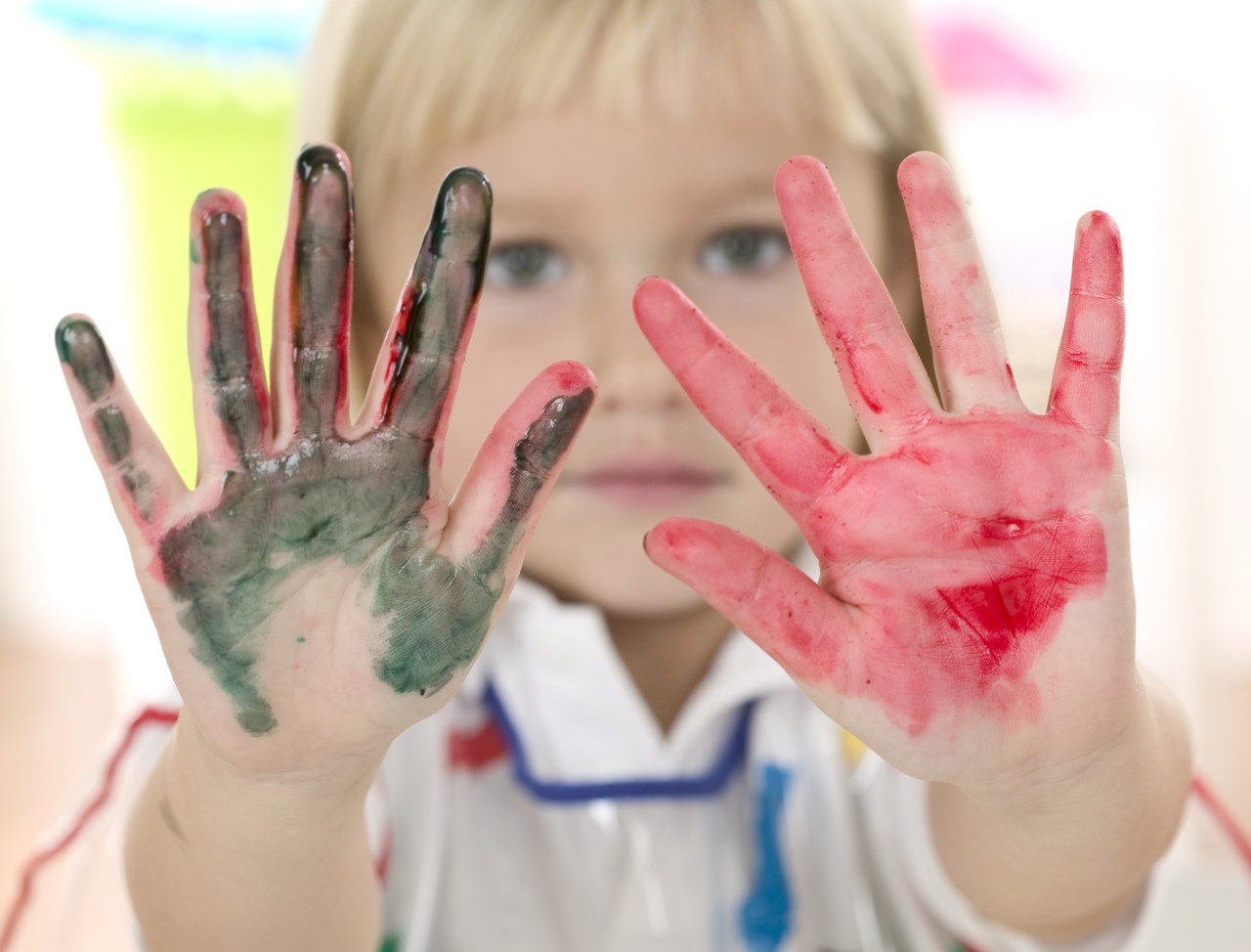This month my focus has been on books to help children express and handle feelings.
On Monday When It Rained (1989) by Cherryl Kachenmeister
Credit goes to Andrea, at Besore Library for finding this great book for me. It is a simple story of how a young boy feels through the week. The clear, black and white photos illustrate the various expressions of the main character. They remind me of those in the Second Step Curriculum. This book will give you a straight forward way to discuss emotions and how they change. If you have a camera handy, ask the children to tell you about times they felt different emotions. If you can’t afford an individual book for each child, make a class book. Go through the week and chronicle the feelings of the group, as the occur. "On Monday, we surprised Miss Lisa with a birthday party." "On Tuesday, we were sad that Eli's dog was sick." On Wednesday, we were disappointed that it rained at recess." On Thursday, we were happy that.." Of course, children can always illustrate such a book. Another good extension would be to have the children start and keep a feelings journal. One of my past classes had some success with this. We added a simple rebus vocabulary list at the back, to encourage independent writing.
Grumpy Bird by Jeremy Tankard
Grumpy Bird wakes up grumpy. He doesn’t even feel like flying, so he starts to walk. As he passes friends, they join him in his walk. By the end of story they are all having fun together and Grumpy Bird isn’t so grumpy any more. A simple story of how negative feelings can change.
Children may enjoy making pictures of Grumpy Bird and Happy Bird.
You might make a class list of things that make people grumpy and things they can do when they feel grumpy. If you involve parents in your curriculum, your impact will be greater. Have the children create a Grumpy Bird to take home. Encourage them to share the story with parents. Ask parents to come up with a family plan of things family members can do when one or more is feeling grumpy. Ideas could included, reading stories, going for a walk, taking a nap together, watching a family movie, or making cookies. As a parent, I would much rather have a child come to me and tell me he needs a little extra attention because he is grumpy than to have to deal with the consequences of arguing with a grumpy child for hours.
I visited Kennedy-Kruger Center, yesterday, and was listening to a doctor talk about the needs of kids with ADHD. She talked about having plans and routines for them. This correlates well with an article I read about the value of having a plan of what to do before the emotion happens. When a child feels out of control, a place to go or a practiced habit for recovery might be just the remedy that works for the child and the adult.

Subscribe to:
Post Comments (Atom)


No comments:
Post a Comment